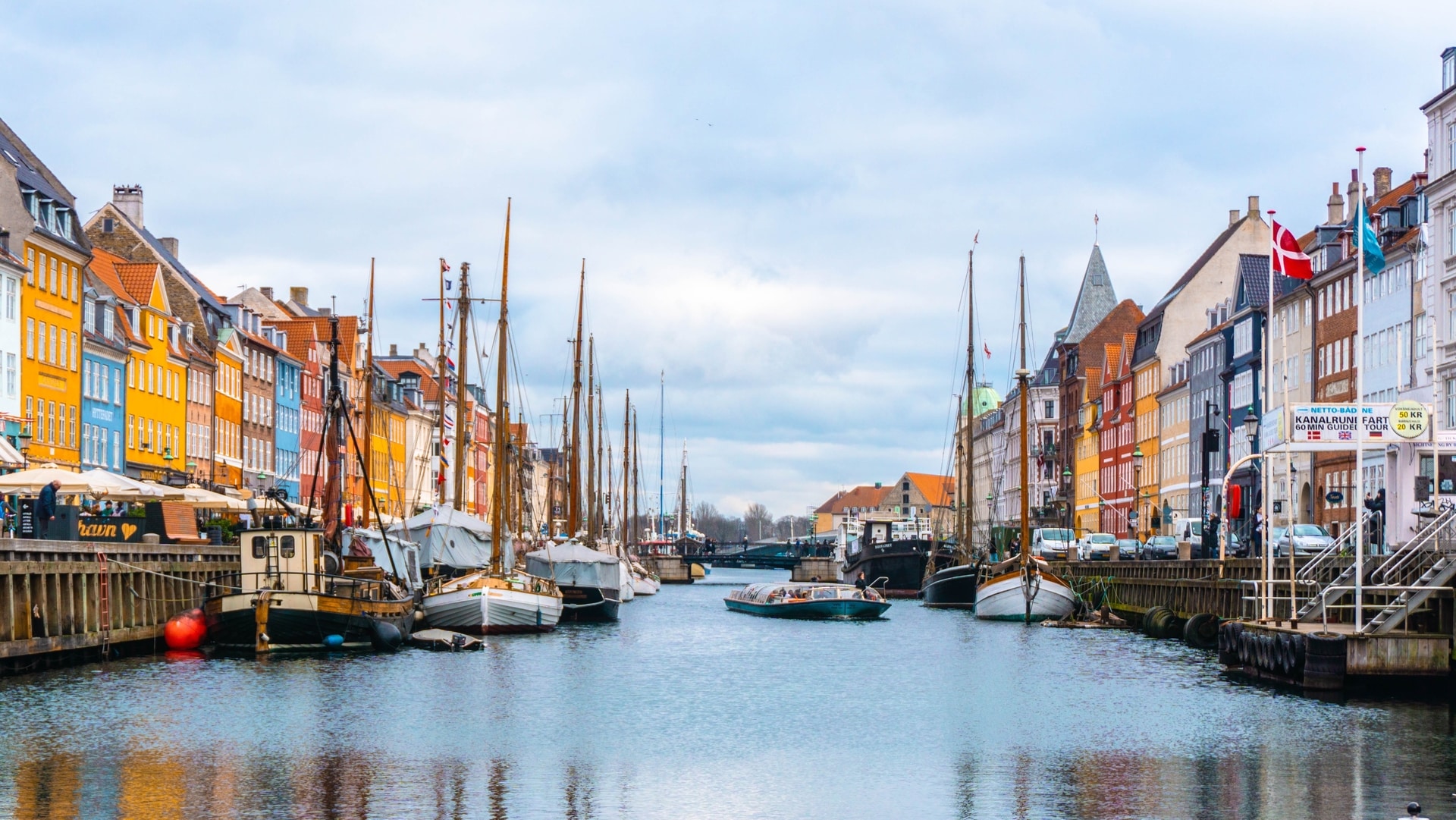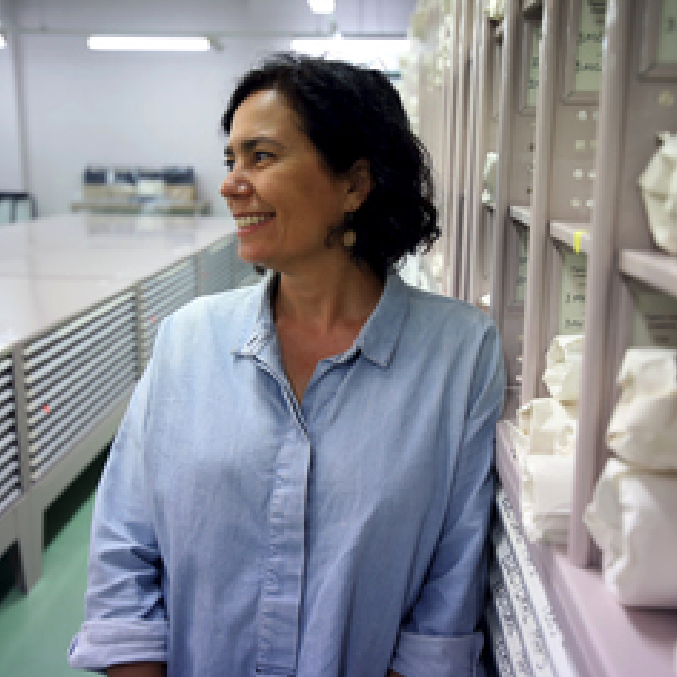
If you needed further incentive to pack up and move to Denmark, Prime Minister Mette Frederiksen just announced her government will make domestic flights fossil fuel-free by 2030.
Denmark has just thrown down the sustainable gauntlet, with news that their domestic flight market will be fossil fuel-free by 2030. That’s the plan, anyway.
Prime Minister Mette Frederiksen wants to give consumers a domestic ‘green flight’ option by 2025, and eventually shift the entire Danish aviation industry away from fossil fuels. It’s a pretty massive step.
RELATED: The Glasgow Declaration explained: Climate action for tourism finally takes the spotlight
“When other countries in the world are too slow, then Denmark must take the lead and raise the bar even more,” Frederiksen said.
This is an ambitious target, to say the least, but if anyone can do it, it’s the Danes. Denmark is on-track to hit zero emissions by 2050, which is fantastic. The country already gets roughly half of its power from offshore wind. In 2019, the government doubled down, promising to increase the pace of decarbonisation and slash its 1990 emissions levels by 70 per cent by 2030.
“To travel is to live, and that is why we fly. But at the same time it is harmful to our climate,” Frederiksen said. “Imagine if Denmark could help solve that problem.”
Mette Frederiksen, Danish Prime Minister
But even with those eco-credentials and all the goodwill in the world, zero-emission commercial flights are tricky. The technology is still in its infancy and global fuel regulations are pretty strict. According to BHP, the best we can do right now is a 50/50 blend of fossil fuels and Sustainable Aviation Fuel (also known as SAF—often made from waste cooking oil). That’s the mix determined by current ASTM International flight standards.
That means Denmark won’t just have to decarbonize their airlines by 2030—they’ll have to invent a greener way to fly and overhaul international aviation standards at the same time. It’s a tall order.
The good news is that Denmark already has a great track record when it comes to sustainable innovation. In her announcement speech, Frederiksen noted that the private sector and local universities, like Aalborg University, are already pushing ahead with new SAF technology. The country’s public grant agency is currently funding research into commercial SAF made from biomass, and (according to one study, at least) Denmark could be making its own sustainable jet fuel by 2025. All good signs.
RELATED: After the pandemic, how can we decolonize our travels?
The rest of the industry isn’t sitting idle, either. Last December, United Airlines made history with the first commercial Boeing 737 MAX flight powered by 100 per cent SAF (on one of its engines, anyway). The industry trend away from fossil fuels, and towards electric planes and SAF, is definitely gathering speed.
And what about cost? According to some estimates, ‘green fuel’ is roughly two or three times more expensive than fossil fuels, but the consumer won’t have to carry all of that, and you’d expect those numbers to come down over time. Airline fuel currently makes up about 25-30 per cent of your ticket price. There will probably be a price bump as the industry moves to decarbonize, but nothing too crazy.
“To travel is to live, and that is why we fly. But at the same time it is harmful to our climate,” Frederiksen said. “Imagine if Denmark could help solve that problem.”









